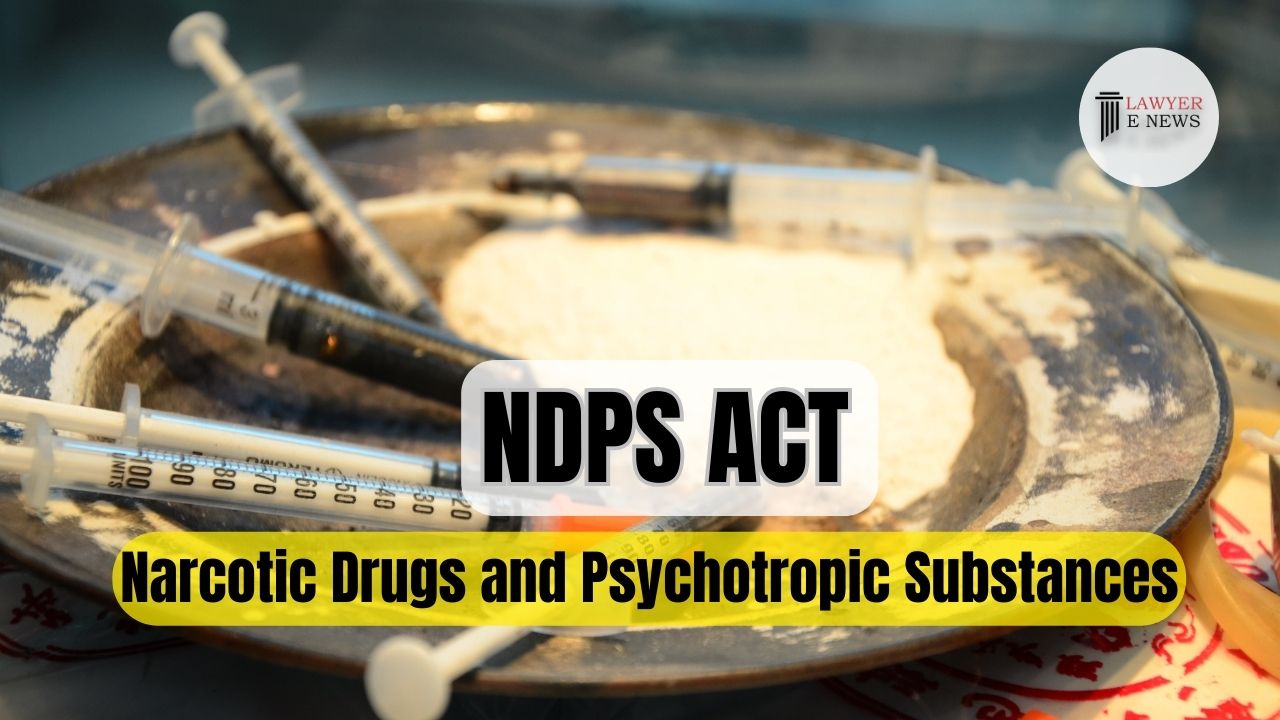-
by sayum
14 February 2026 2:22 PM



In a seminal ruling delivered on October 13, 2023, the Supreme Court of India, with a bench comprising Justices ABHAY S. OKA and PANKAJ MITHAL, overturned a previous conviction related to the Narcotic Drugs and Psychotropic Substances Act, 1985 (NDPS Act). The apex court emphasized that "lack of compliance with Section 52A vitiates conviction," highlighting the pivotal role of procedural integrity in legal judgments.
The appellant was initially convicted and sentenced to 10 years of rigorous imprisonment, along with a fine of Rs.1 lakh, under the NDPS Act for possession of commercial quantities of heroin. The High Court had dismissed his appeal, prompting him to seek relief from the Supreme Court.
The appellant's counsel, Mr. Narendra Hooda, argued that there were critical procedural lapses. Specifically, the seizure and sampling processes had not adhered to Section 52A(2) of the NDPS Act. The Supreme Court’s judgment underlined that following this section is "mandatory, including preparation of inventory and certification by the Magistrate."
The Supreme Court set aside both the conviction and sentence, pointing out that the lack of primary evidence resulting from non-compliance with Section 52A vitiated the conviction. The judgment read, "The conviction and sentence of the appellant are set aside due to the absence of primary evidence in compliance with the NDPS Act."
The apex court referred to the landmark Mohanlal case, emphasizing the necessity of following statutory protocols outlined in Section 52A of the NDPS Act.
The decision is expected to have considerable implications for future narcotics-related cases. Ms. Aishwarya Bhati, the learned Additional Solicitor General representing the respondent, noted, "This decision reinforces the sanctity of legal procedures and will likely set a new precedent."
The judgment reiterates the necessity for law enforcement agencies and courts to adhere strictly to procedural norms, a tenet that gains additional significance in light of the Supreme Court’s verdict.
Date of Decision: October 13, 2023
YUSUF @ ASIF vs STATE
